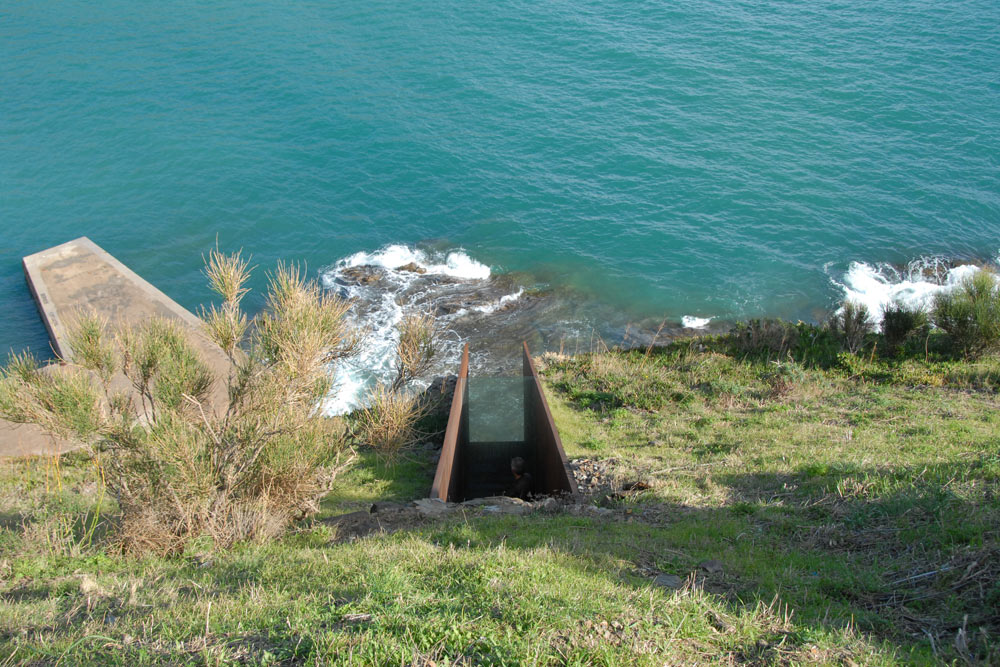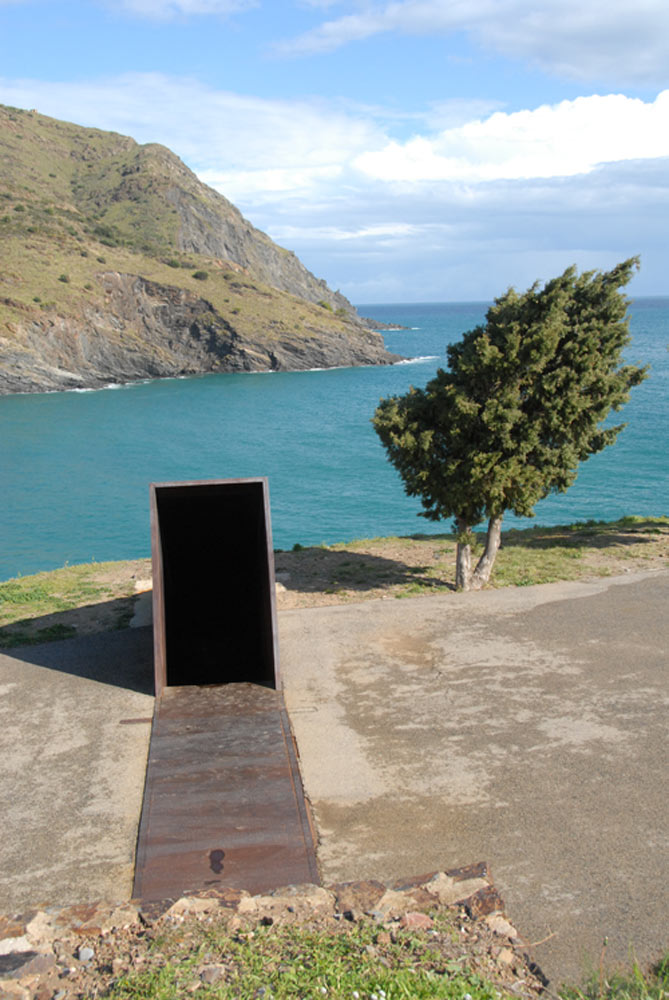September 1939. In the ongoing round-ups of foreign bodies, in the particular camping-away of German nationals in France, Walter Benjamin was rounded and left in a Navers camp more than one miles south of Paris. Three months of internment where Walter taught philosophy in exchange for cigarettes and matches.
Because PEN secured his release, Walter went back to Paris--back to his books, his storied ruins, his work on The Arcades Project. He wrote "Theses on the Philosophy of History" in the cold harrow of rising fascism.
Because he wanted to live—because he wanted nothing more than to survive—Walter tried to get a visa.
Because he failed.
Because the Nazis occupied France.
Because Walter still wanted nothing more than life—he fled with three friends on the route over the Pyrenee mountains towards the neutral territory of Spain.
Because I might have lied. Because Walter’s briefcase included a manuscript that he described as more precious than his life.
Because Walter and his friends were arrested in Spain and taken to Portbou.
Because the Spanish authorities demanded a French exit visa.
Because the Spanish authorities refused to honor the US entrance visa that Walter’s friends had secured.
Because the Spanish authorities said the refugees would be returned to France and from there, extradited to Germany.
Because it had been less than a year since his internment in France.
Because “every second of time was the strait gate through which Messiah might enter”.
Because despair is attenuated by memory.
Because history is a series of disparities rendered collective.
Because Walter had seen to much, he took an overdose of morphine on September 26 (or 27), 1940.
Because he died, his fellow exiles in America mourned his failure to escape the prison of life.
Because Hannah Arendt had a typewriter, she noted that Spanish border officials were so disturbed by Walter’s sudden suicide that they allowed his friends and travel companions to go on to Portugal without the required visas.
Because Walter’s friends survived, we imagine a new narrative.
Because the briefcase vanished, Walter died.
Walter Benjamin is buried in the cemetery of Portbou, Spain (image credit). Dani Karavan’s memorial to Benjamin is located in front of the cemetery.
“Theses on the Philosophy of History”. Written by Walter Benjamin after his 3-month internment in a French concentration camp in 1939.
Walter on divine violence.
Thinking in “constellations” rather than doctrines.
On the apocalypse and social democracy.
On his concept of “aura” as applied to photography.
On refugees in Portbou and Karavan.
A compendium of Walter’s writings.


